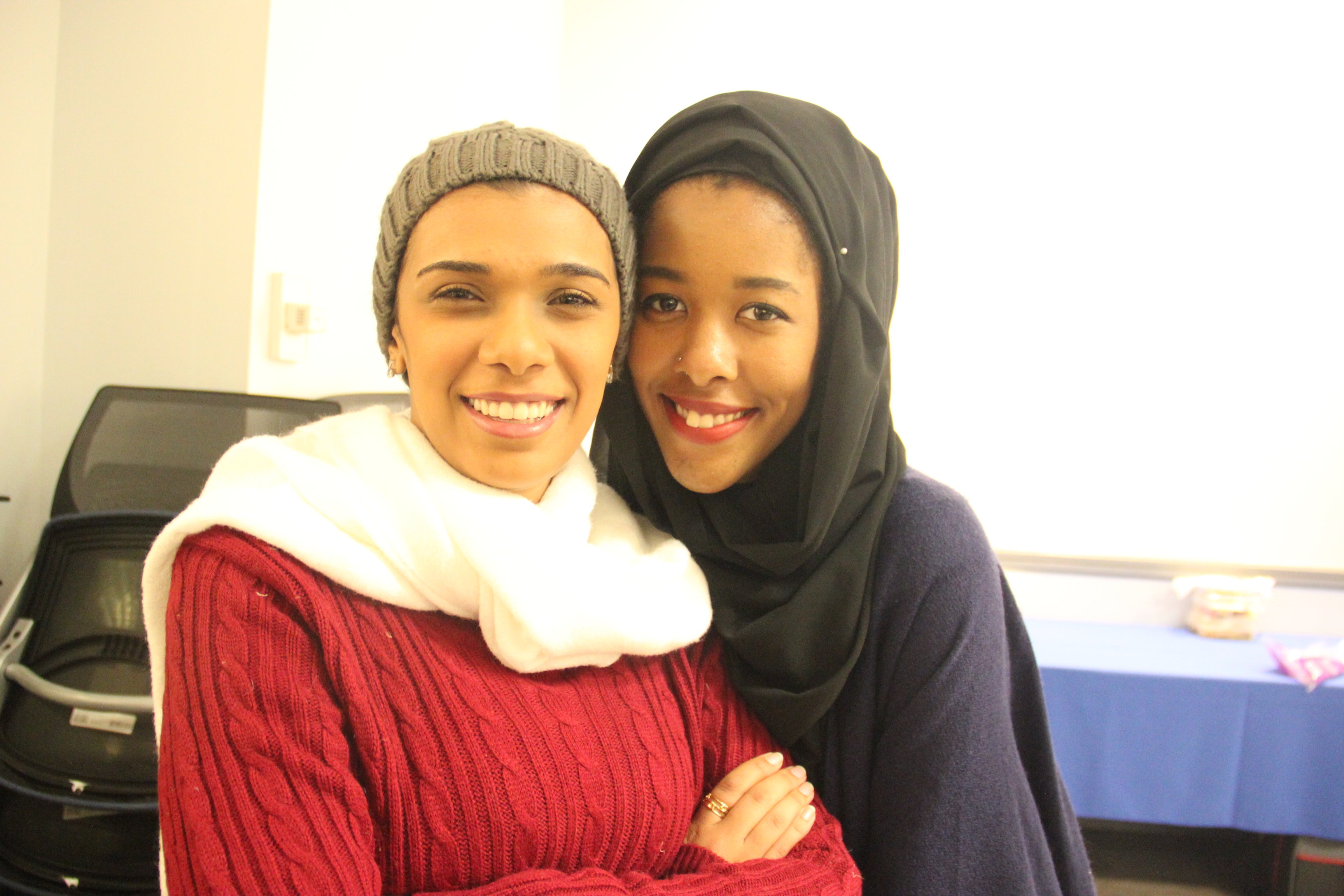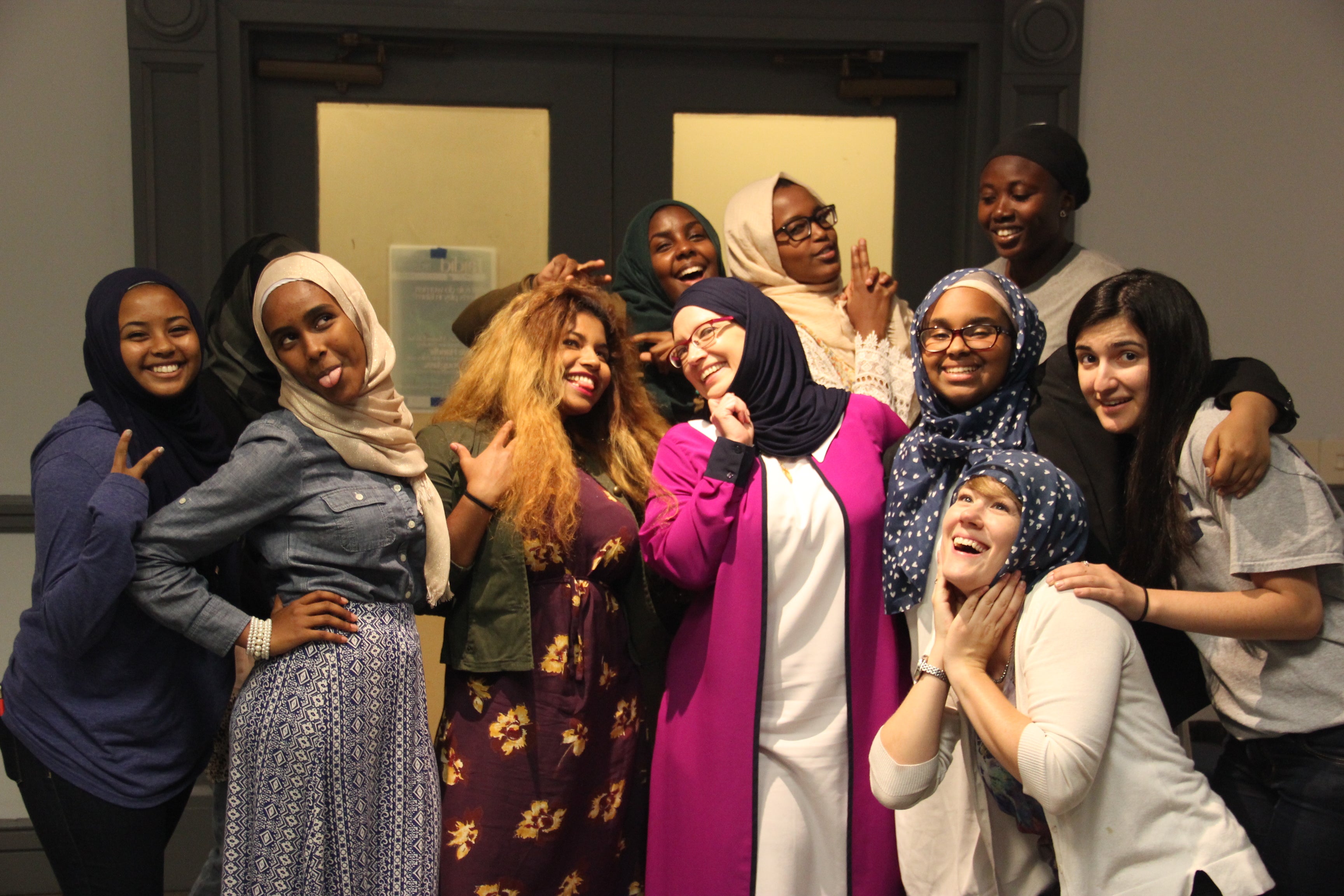Reestablishing Women’s Importance
 When I was a child, my mother told me many stories about the Sahabah (companions of the Prophet), and my favorite was the story of Khadijah. Khadijah was the first wife of the Prophet, and to me, her story was always a source of inspiration. Besides being a successful businesswoman and leading one of the most powerful caravans of Arabia at the time, Khadijah was the first convert to Islam and is deemed by many the “mother of the Believers.” Every time my mother recounted Khadijah’s story to me, I could hear the admiration she had for Khadijah in her voice, mainly because my mother was also a convert to Islam (who had coincidentally studied business).
When I was a child, my mother told me many stories about the Sahabah (companions of the Prophet), and my favorite was the story of Khadijah. Khadijah was the first wife of the Prophet, and to me, her story was always a source of inspiration. Besides being a successful businesswoman and leading one of the most powerful caravans of Arabia at the time, Khadijah was the first convert to Islam and is deemed by many the “mother of the Believers.” Every time my mother recounted Khadijah’s story to me, I could hear the admiration she had for Khadijah in her voice, mainly because my mother was also a convert to Islam (who had coincidentally studied business).
In addition to Khadijah being the first convert to Islam, many of the other first Muslims were also women. They were there to experience Islam as it was established and began to grow. At a time when many Muslims were persecuted and attacked for their faith, they held on to their beliefs and took a firm stance against the injustices they saw. This fact, however, is something that’s frequently forgotten or overlooked. Moreover, many women converts in this day are not recognized for the sacrifices they have made along their own personal spiritual journeys. Some women have trouble finding mosques to pray at, some find it difficult to purchase resources such as scarves or prayer rugs and in more extreme cases, some are treated unfairly by the people surrounding them.
When I found out that the first lecture for the series of lectures named Tajdid (renewal) was about the role of women converts in Islam, my joy couldn’t be contained. Hearing Michelle Handlir from the McCourt School of Public Policy and Susan Douglass from the Center for Contemporary Arab Studies speak about their own journeys to Islam and the obstacles they had to overcome was a touching experience. As they told their stories, I imagined my mother standing in their places, telling her own story. When they spoke, the whole room went silent with attentiveness, and I could tell that everyone gained, in one way or another, a new view of the role that women converts play in Islam. For me personally, the lecture gave me a new idea of how large the role of women as a whole has played in Islam, from the time of Khadijah to the time of women like Michelle, Susan and my mother. My hope is that in the long run, women will be reminded of their status and the rights they are given in Islam, and a renewed sense of importance will be bestowed upon women converts, like Khadijah and all the other women converts who came and will come after her.
Written by Nena Beecham, F’18
- Tagged
- Muslim
